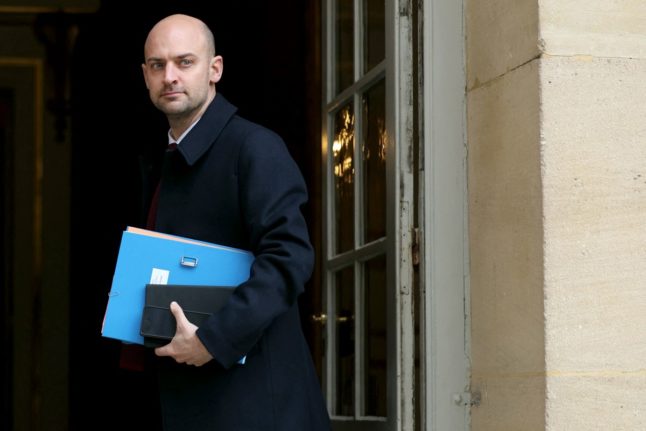France is well known for the tendency of its politicians to stick around – despite age, defeat or even a conviction for corruption.
But that culture could change soon enough with a desire in the French government to get more young people into politics.
France’s Minister for Youth Patrick Kanner is said to be seriously considering introducing a series of changes that would essentially prevent politicians from hanging around too long and encourage the country's young people to get in to take their place.
Kanner is keen on a proposition to put an age limit on parliamentarians which would bar them from standing for election after the age of 70.
Another recommendation is to limit elected MPs and senators to three mandates maximum.
If the rules were in place today they would impact a fair number of MPs and senators.
In France’s lower house the National Assembly, there are 53 MPs aged over 70, out of a total of 575, and in the upper house 83 out of 344 senators are aged at least 71.
The average age of MPs is 59 and 10 months, whereas it’s 61 for senators.
The staying power of France’s politicians is notorious. Nicolas Sarkozy, aged 60, could make a comeback to the Elysée Palace in 2017, despite his crushing defeat in 2012 and his image being tainted by a string of political scandals.
Alain Juppé, who is also in the running for the Elysée, could be directly affected if the new rules are brought in, given that he is 69 years old.
Juppé wasn't even popular as prime minister between 1995 and 1997 and he was convicted for misuse of public funds back in 2004. Yet he may still become president.
“In Britain, party leaders resigned and quit politics after their defeat, even though they're only in their 40s,” Gael Sliman of pollster Odoxa told Reuters news agency, referring to the Labour and Liberal Democrat leaders who stepped down after being beaten by incumbent David Cameron in May's election.
“In France the system provides for little renewal and promotes the old or very old … and failure. That is not inspiring (for voters),” he said.
History could also have been very different if the French had had age limits in place.
Ex-president François Mitterrand would not have been able to present himself for re-election in 1988 and General de Gaulle couldn't have made his comeback in 1965.
Naturally some of France’s elderly MPs have protested against any change.
“Being an MP is not a career that starts at 20 and finishes at 65,” said 74-year-old Socialist MP René Dosière. “It’s a role that we can pick up at any time. Therefore you cannot use the same reasoning for a job and for elective office.”



 Please whitelist us to continue reading.
Please whitelist us to continue reading.
Member comments